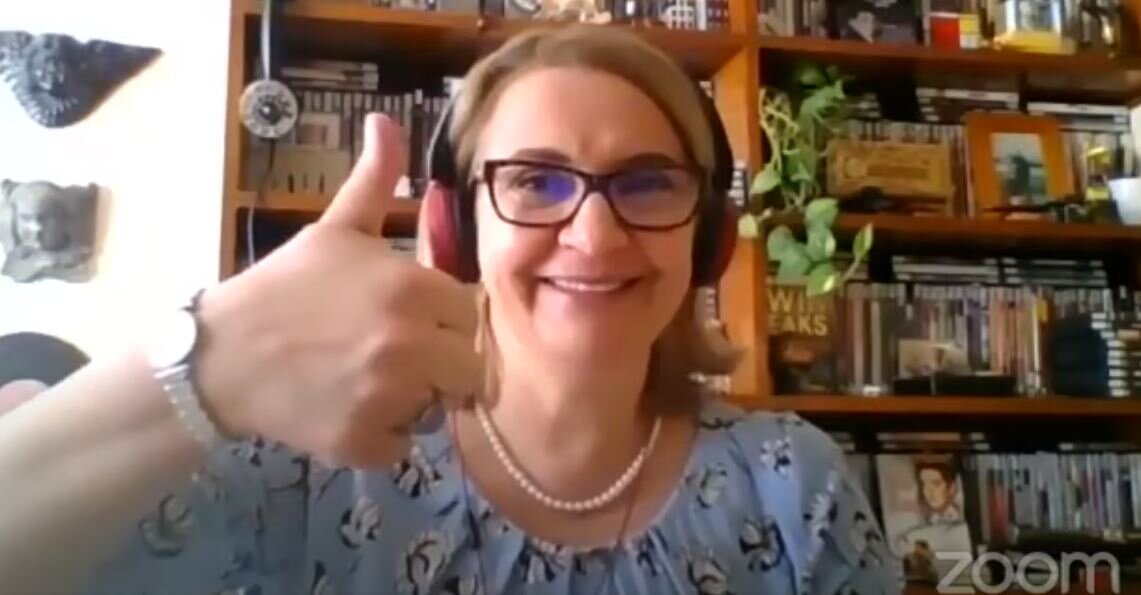Education focused on the generation of multidisciplinary, socially responsible and innovative projects, offers graduates more significant opportunities for success.
One-third of the world’s population are Millennials or Generation Y, a sector that plays a leading role in the current workforce. The accelerated changes and dynamism of today’s working world imply, among other things, the creation of sought-after jobs that barely ten years ago did not even exist. Similarly, most of the children who are now in primary school will eventually work in jobs that do not yet exist.
A good example of emerging jobs is the social media community manager. This professional profile stemmed from the boom in social networks and the need to create digital communication strategies between companies and their customers. A digital community manager is not only responsible for creating content, but also analyzing user interaction on social networks, establishing communication strategies and defining digital marketing plans. Nowadays, this position is practically indispensable in corporate advertising departments.
>
“Teachers have the challenge of forming responsible citizens of the digital and global world, whose dynamism becomes increasingly complex.”
This scenario poses an enormous challenge for educators who are currently responsible for preparing professionals to face the demands and needs of the uncertain labor market of the future. Therefore, understanding the characteristics of Millennials and the subsequent generations, such as Generation Z or Centennials, is fundamental, since their preferences will define many of the sociocultural norms and how information is created, accessed and shared in the future.
Initiatives such as The Millennial Impact Project (ACHIEVE, 2017) and contributions through longitudinal studies have been a benchmark for several publications, including Forbes, TIME, Fast Company, The Chronicle of Philanthropy, Wall Street Journal and The New York Times. The findings of these studies have provided orientation on engaging the generations that participate in, direct and define the current and future path of companies and organizations.
Millennials, more than any other generation, show a clear interest in the social causes that impact minorities or underrepresented groups and are inspired by causes that promote equity, inclusion and equal opportunities. Millennials are more likely to identify with socially responsible firms since they support companies that give precedence to generating an impact on the world through their products and services and profess to be in favor of prosocial initiatives (Peretz, 2017).
>
“The illiterates of the 21st-century are not those who cannot read and write but those who cannot learn, unlearn and relearn.”
Another of the greatest lessons learned from studies that focus on the generations impacted by the so-called Industry 4.0 addresses their transformation from information consumers to content creators, preferably in digital media. This evolution encompasses not only accessing or publishing information on social networks, but also the ease of creating and sharing content with just a couple of clicks. These events have led to discussions in the leading international forums, with the educational sector arena facing major challenges.
Learning is far more than simply having access to information. In the context of the 21st century, learning implies a combination of lifelong knowledge and skills (Oblinger, 2010). In this regard, investing in continuous or lifelong learning becomes more relevant and necessary. Alvin Toffler states that the illiterate of the 21st-century are not those who cannot read and write but those who cannot learn, unlearn and relearn.
>
“Learning to learn, is the best way of dealing with rapid, constant change.”
If today we talk about the relevance of newly created jobs and foresee the demand for jobs that have not been created yet, how can we prepare professionals within a context of uncertainty? Even though right now we cannot predict to any degree of certainty what jobs will be like in the future, we do know that we need to develop a set of skills and professional training approaches to tackle them.
The key skills required to face the demands of the so-called Fourth Industrial Revolution successfully are critical thinking, creativity, effective communication, emotional intelligence, social skills and interdisciplinary knowledge (Torkington, 2016). Even though these skills will depend on the historical context, social needs and generational characteristics, learning to learn is the best way of dealing with rapid, constant change.
In short, nowadays the challenge for educators is to educate professionals comprehensively, with solid field knowledge and the transversal skills that will enable them to serve as responsible citizens in a digital, global and increasingly complex world. Education focused on the generation of multidisciplinary, socially responsible and innovative projects offers its graduates more significant opportunities for success. These were vital considerations when designing Tecnológico de Monterrey’s undergraduate program: B.A. in Educational Innovation.
About the author
Eliud Quintero is the current director of the B.A. in Educational Innovation at Tecnológico de Monterrey. He specializes in curricular design and development, educational trends, and teacher training.
References
ACHIEVE (2017). The 2017 Millennial impact report. Retrieved from: http://www.themillennialimpact.com
Oblinger, D. (2010). A commitment to learning: Attention, engagement, and the next generation. EDUCAUSE Review, 45(5). Retrieved from: https://er.educause.edu/articles/2010/10/a-commitment-to-learning-attention-engagement-and-the-next-generation
Peretz, M. (2017). Want to engage millennials? Try corporate social responsibility. Forbes Media LLC. Retrieved from: https://www.forbes.com/sites/marissaperetz/2017/09/27/want-to-engage-millennials-try-corporate-social-responsibility/#779e58f86e4e
Torkington, S. (2016). The jobs of the future – and two skills you need to get them. World Economic Forum. Retrieved from: https://www.weforum.org/agenda/2016/09/jobs-of-future-and-skills-you-need/
This article from Observatory of the Institute for the Future of Education may be shared under the terms of the license CC BY-NC-SA 4.0 
)
)






)
Fernanda Ibáñez
Fernanda Ibáñez
Fernanda Ibáñez